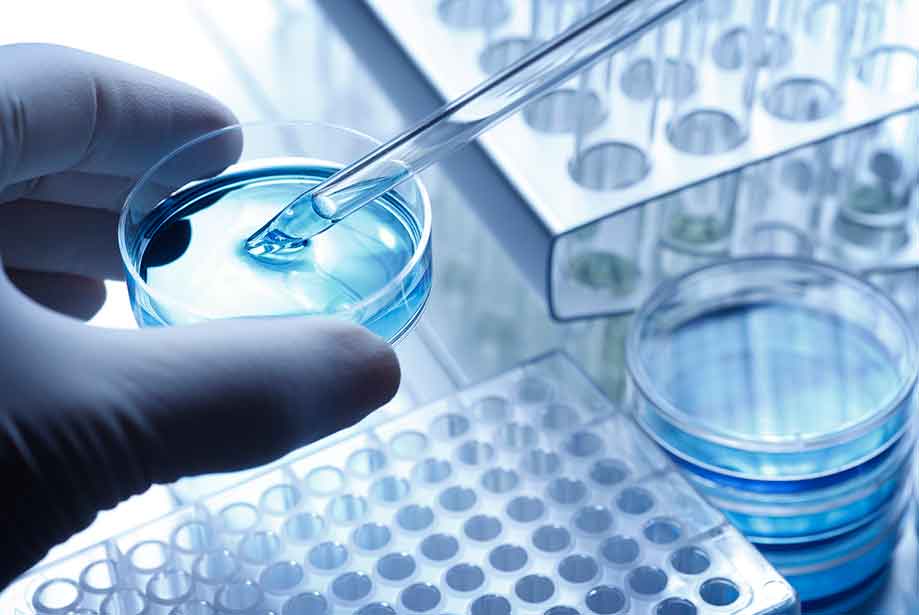The journey from identifying a promising molecule in the lab to bringing a new drug to market is a complex and multifaceted process that requires a combination of scientific expertise, cutting-edge technology, and a deep understanding of regulatory pathways. Drug discovery services play a crucial role in shepherding potential therapeutics through this journey, helping to bridge the gap between scientific innovation and patient care. In this article, we will explore the key aspects of drug discovery services and their pivotal role in bringing new medicines to market.
Target Identification and Validation – The drug discovery process typically begins with the identification of a biological target that is believed to be involved in a disease. Drug discovery services offer a range of tools and techniques to validate these targets, including genomics, proteomics, and in vitro assays. Through target validation, researchers can ensure that the chosen target is indeed relevant to the disease in question, setting the stage for subsequent steps in the drug development pipeline.
High-Throughput Screening – Once a validated target is in place, high-throughput screening is a critical step to identify potential drug candidates. Drug discovery services provide the necessary automation and robotics to test thousands or even millions of compounds for their ability to interact with the target and modulate its activity. This process is instrumental in identifying lead compounds that can be further optimized for efficacy and safety.

Medicinal Chemistry and Lead Optimization – Drug discovery services also encompass medicinal chemistry expertise, which focuses on optimizing lead compounds for improved drug-like properties. Medicinal chemists work to enhance a compound’s potency, selectivity, and pharmacokinetic properties, making it suitable for further development. This iterative process often involves synthesis and testing of multiple analogs and derivatives.
Preclinical Development – Preclinical testing is a crucial phase in drug discovery and involves evaluating a potential drug’s safety and efficacy in animal models. Drug discovery services offer the infrastructure and expertise to design and conduct preclinical studies, ensuring that the selected candidates meet regulatory requirements before proceeding to clinical trials.
Biomarker Discovery and Diagnostics – Drug discovery services can also play a role in the identification of biomarkers, which are essential for patient stratification, monitoring treatment responses, and predicting outcomes. These biomarkers not only aid in developing personalized therapies but also support regulatory submissions and market access strategies.
Regulatory Support – Navigating the regulatory landscape is a critical aspect of drug development. Drug discovery services providers often have experience in preparing regulatory submissions and interacting with regulatory agencies to ensure compliance with safety and efficacy standards. Their expertise can significantly accelerate the regulatory approval process.
Clinical Trial Support – The transition from preclinical to clinical trials is a major milestone in drug development. Drug discovery services can assist in the design and execution of Phase I, II, and III clinical trials, helping to monitor patient safety, gather efficacy data, and meet the stringent requirements of regulatory agencies.
Manufacturing and Scale-Up – As a drug candidate progresses through clinical trials, the need for large-scale manufacturing becomes increasingly important. Drug Discovery Process extend their support to ensure that the manufacturing process is robust, reproducible, and compliant with Good Manufacturing Practices GMP.